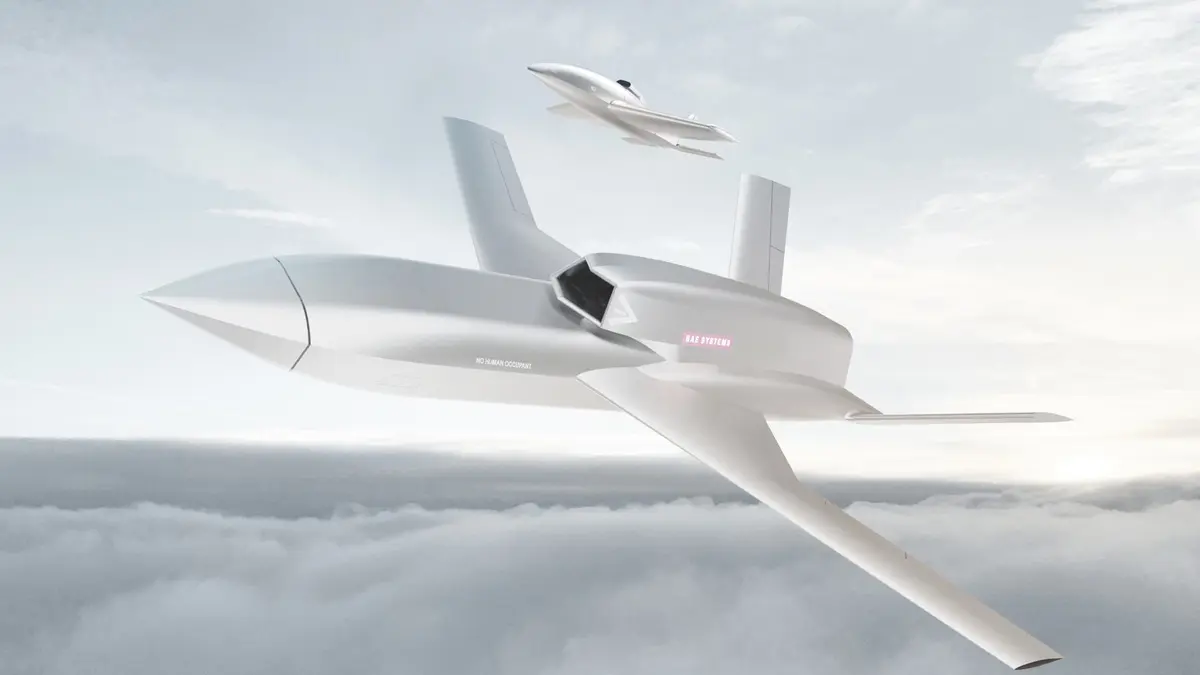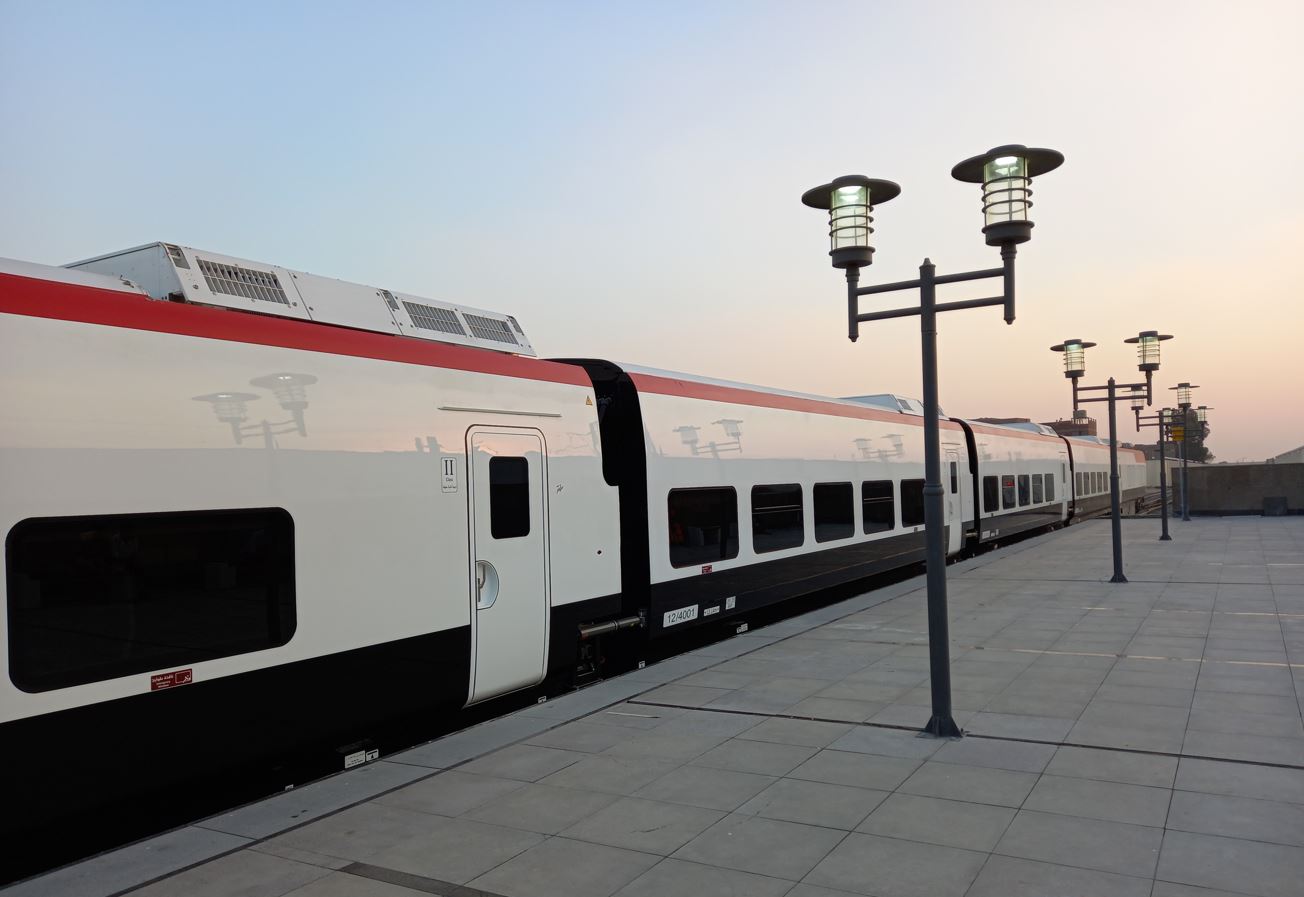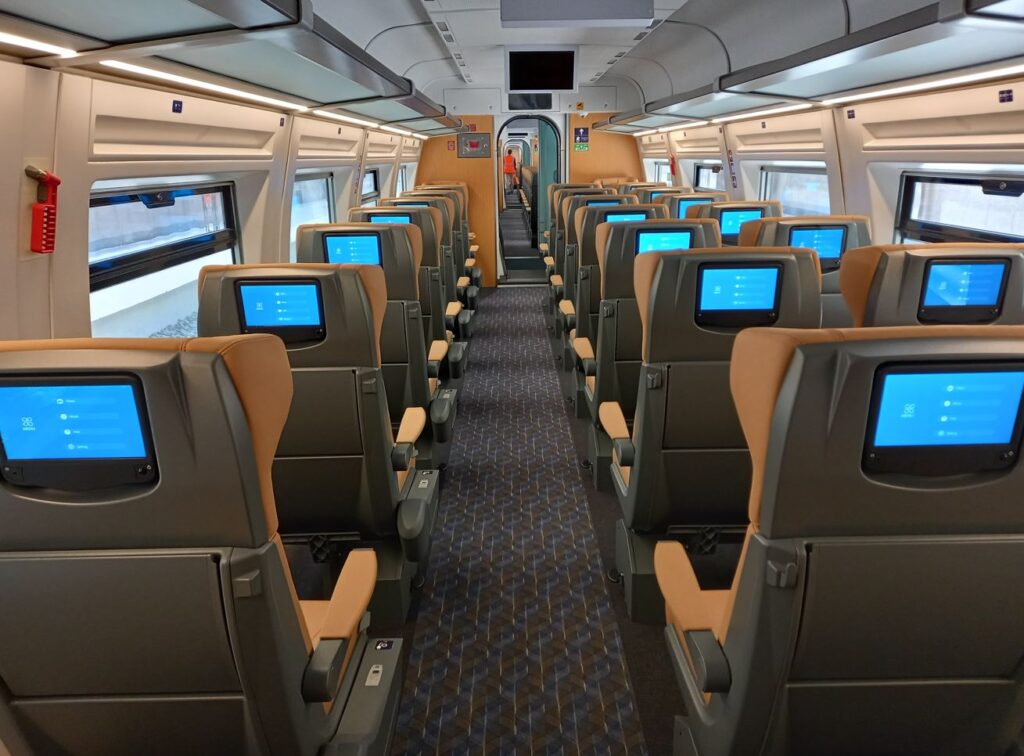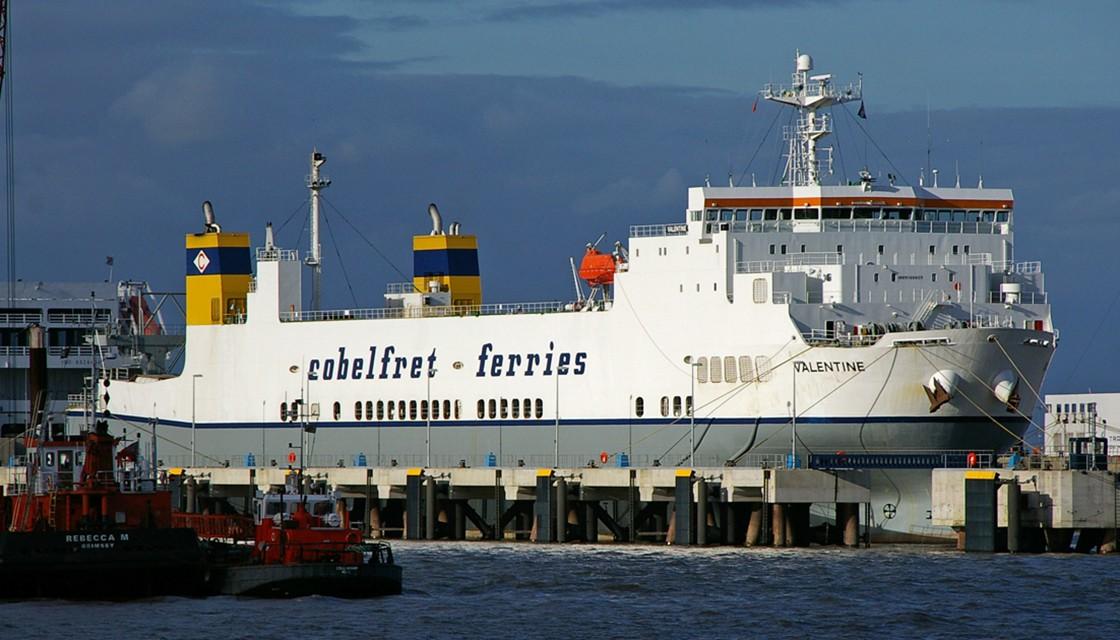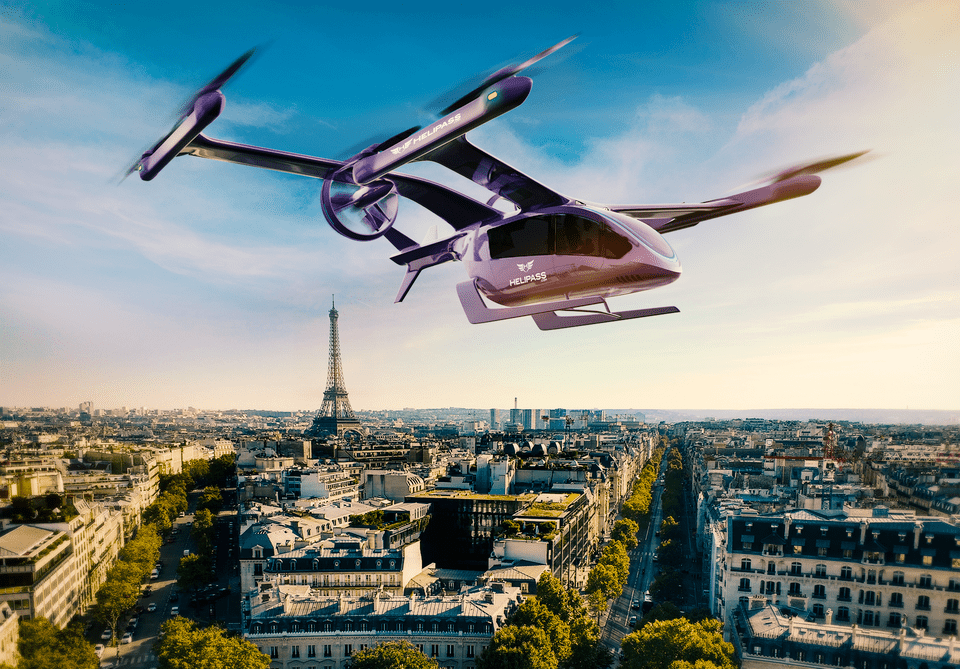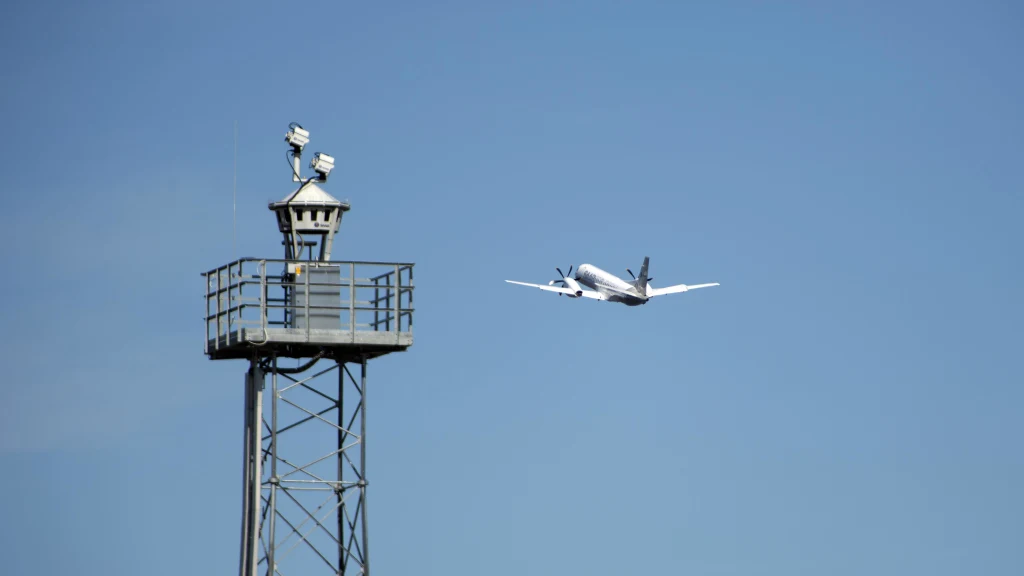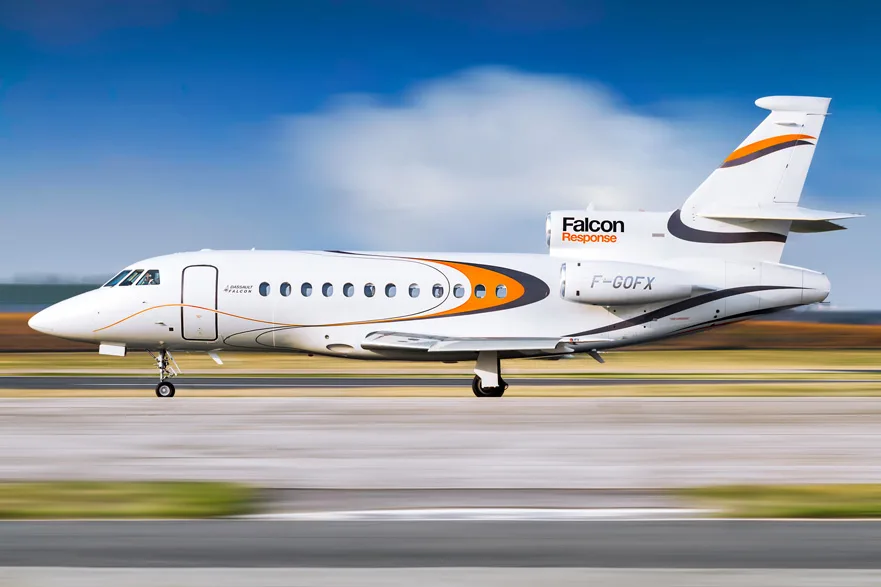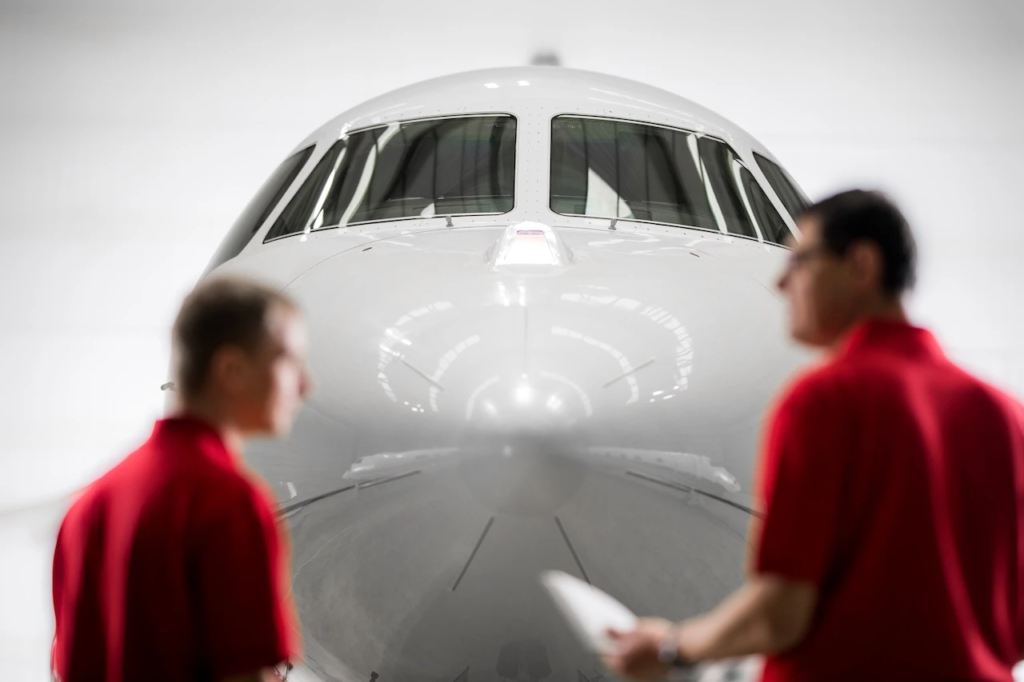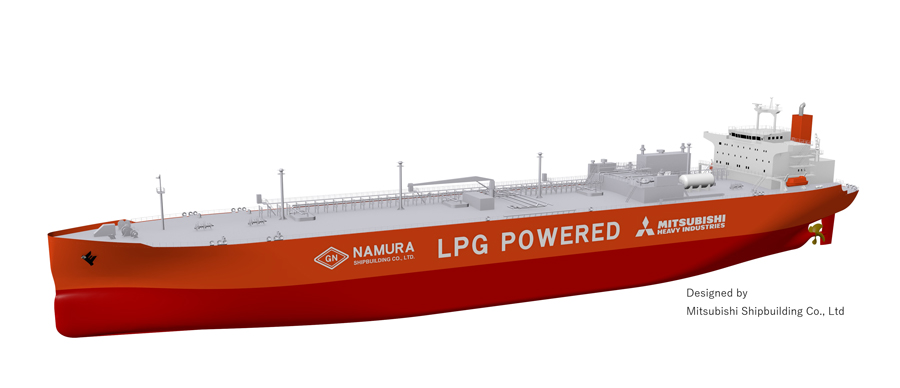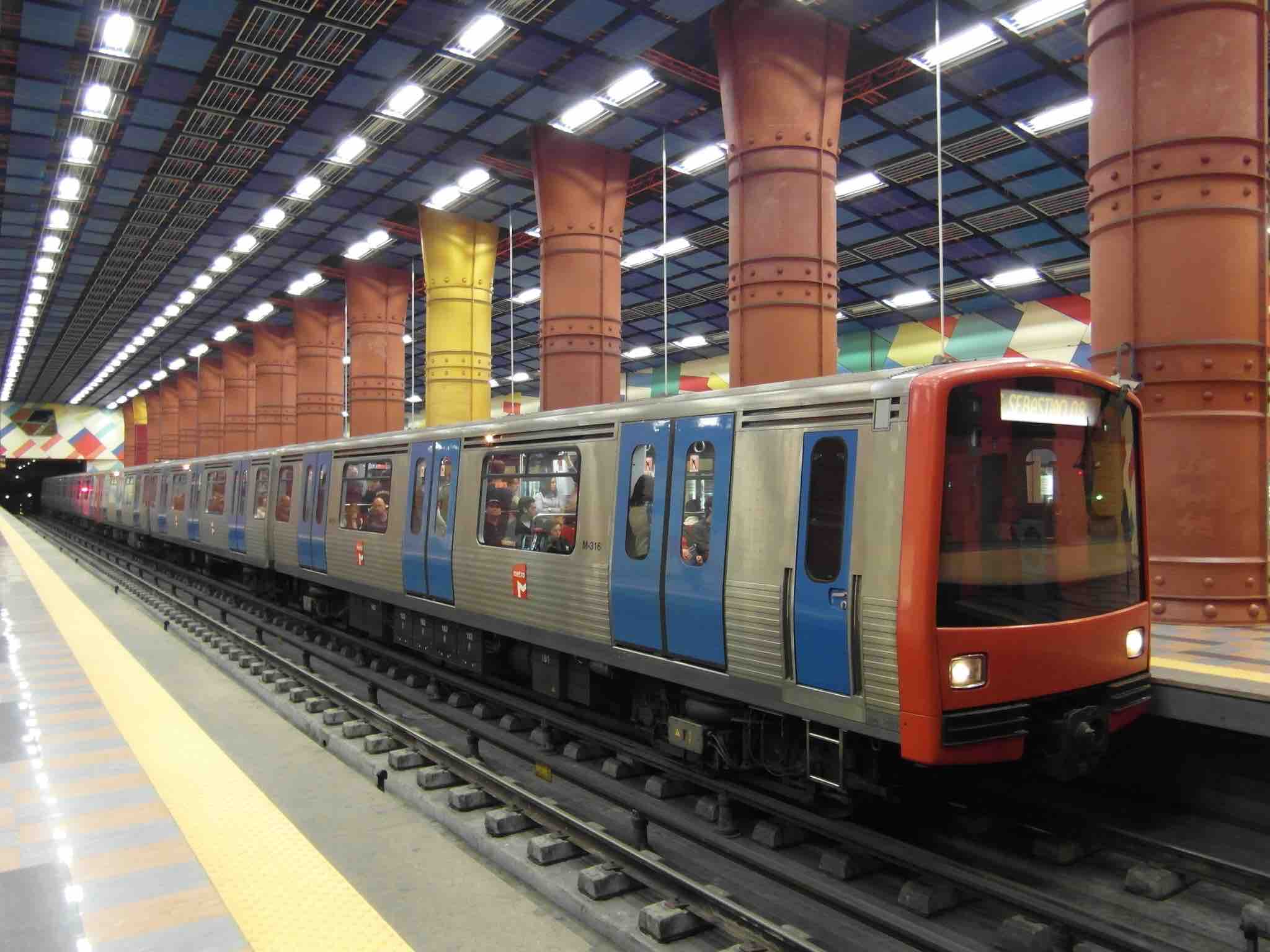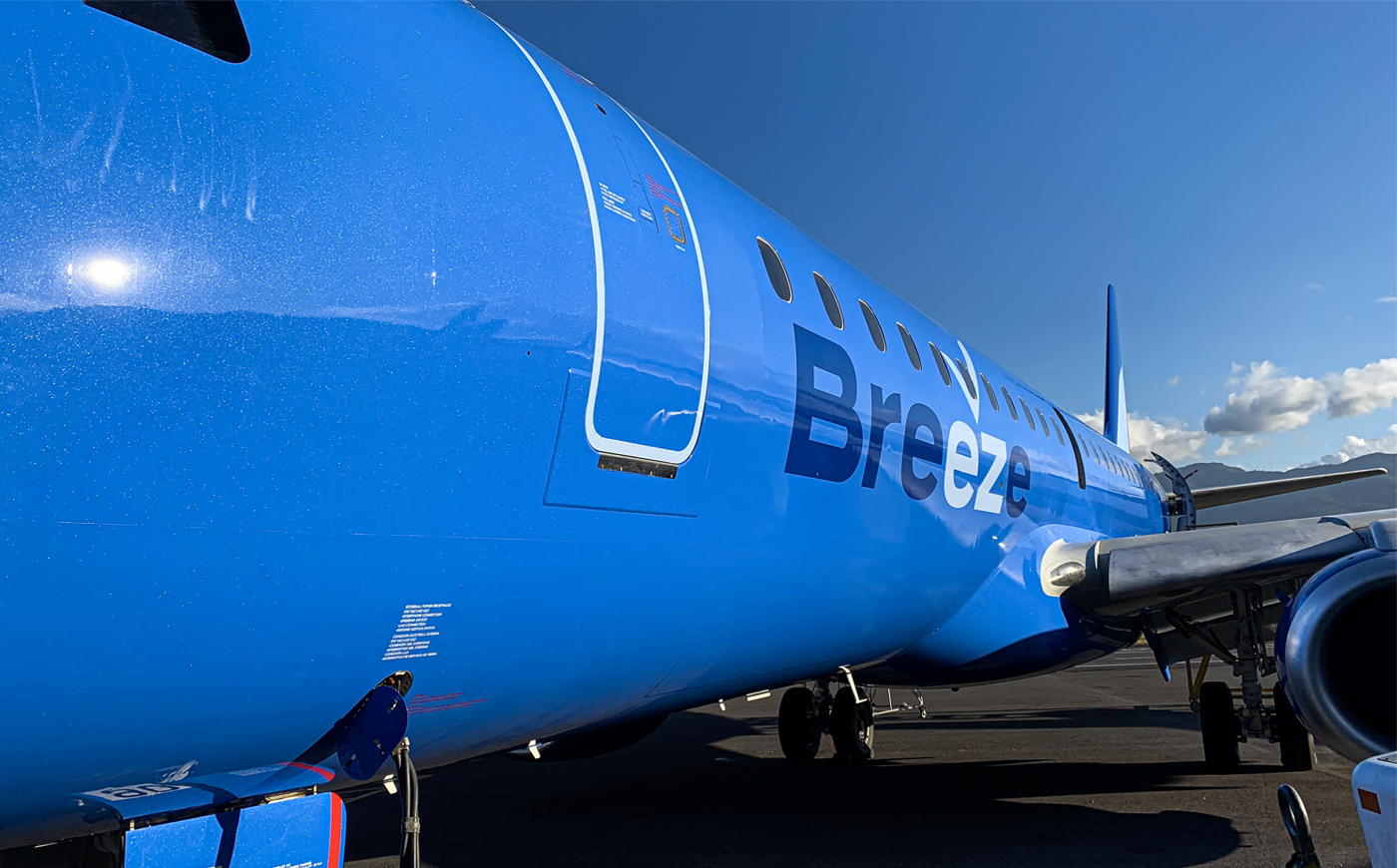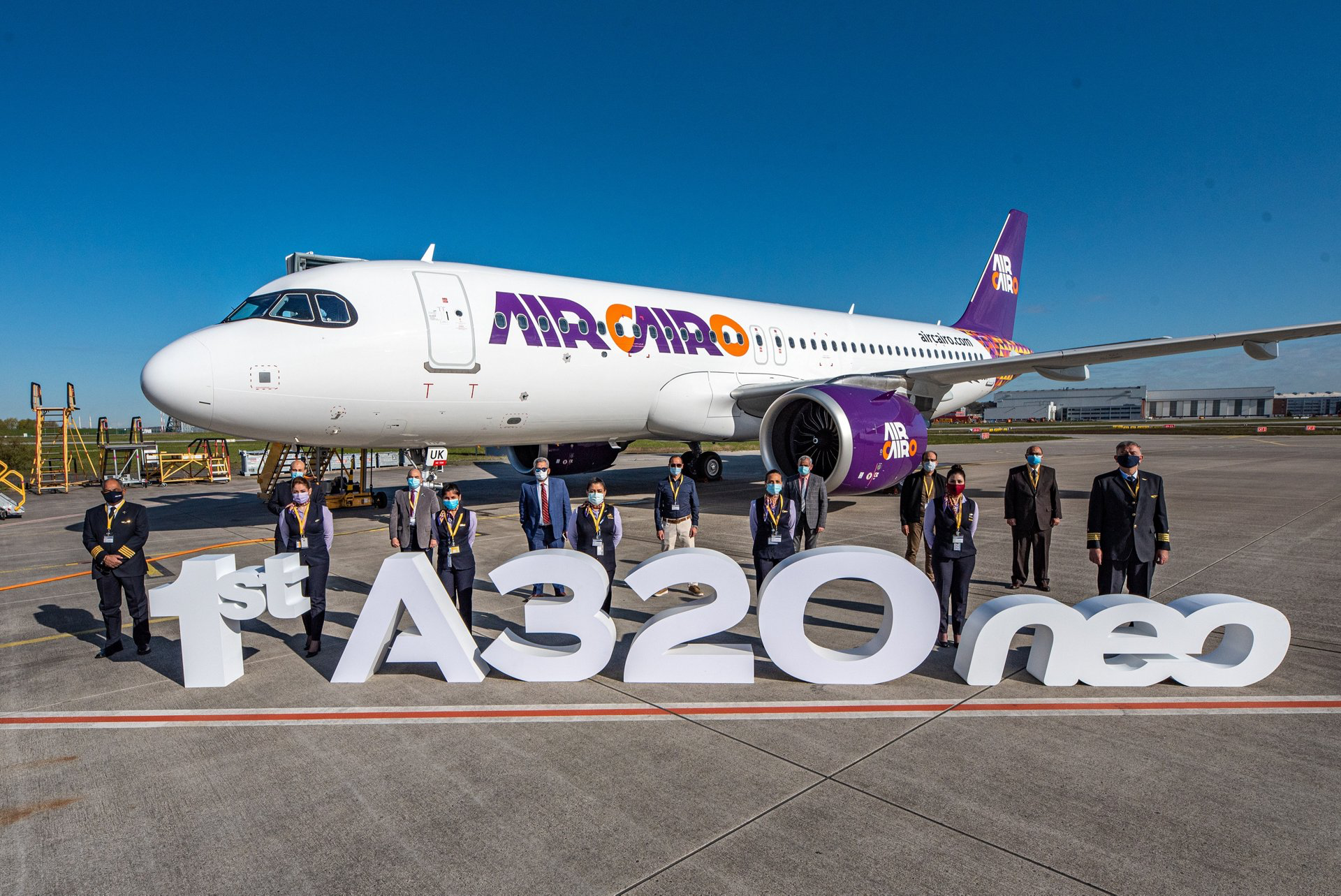Over a 24-hour period, PHASA-35 soared to more than 66,000 feet, reaching the stratosphere, before landing successfully. The trial, completed last month in New Mexico in the USA, allowed engineers to assess the performance of the experimental solar-electric drone within the outer-reaches of the planet’s atmosphere.
The flight marks a significant milestone in PHASA-35’s development which began in 2018. Designed by BAE Systems’ (OTC: BAESY) subsidiary Prismatic Ltd to operate above the weather and conventional air traffic, it has the potential to provide a persistent and stable platform for various uses including ultra-long endurance intelligence, surveillance and reconnaissance, as well as security.
It also has the potential to be used in the delivery of communications networks including 4G and 5G and could be used in a wide range of applications, such as disaster relief and border protection, as an alternative to traditional airborne and satellite systems.
The PHASA-35 programme sits within FalconWorks™, a new centre for advanced and agile research and development within BAE Systems’ Air sector, designed to deliver a range of cutting-edge combat air capabilities to the UK and its allies.
PHASA-35, which has a 35-metre wingspan and carries a 15kg payload, uses a range of world-leading technologies including advanced composites, energy management, solar electric cells and photo-voltaic arrays to provide energy during the day which is stored in rechargeable cells to maintain flight overnight.
The successful trial assessed the performance of the experimental system across a range of areas. It is the first in a series of trials planned to confirm system performance, support development activities and validate test points to enable PHASA-35 to be made available in defence and commercial markets internationally.
The latest trials took place from Spaceport America in New Mexico, flying in the White Sands Missile Range, and are sponsored by the US Army Space and Missile Defense Command Technical Center. This test flight at White Sands Missile Range was coordinated and directly supported by personnel attached to Naval Surface Warfare Center, Port Hueneme Division, Detachment White Sands.
